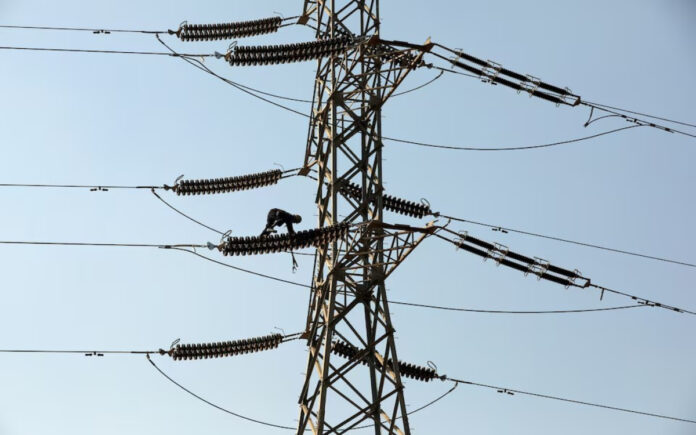Karachi: Pakistan is currently renegotiating its contracts with independent power producers (IPPs) in a bid to address the “unsustainable” electricity tariffs that have been burdening households and businesses. This move comes as the nation grapples with soaring energy costs amidst an economic downturn. The power sector has faced significant challenges, with rising tariffs contributing to social unrest and causing several industries to shut down. Pakistan’s $350 billion economy has contracted twice in recent years due to record-high inflation.
“The existing price structure of power in this country is not sustainable,” Awais Leghari, federal minister heading Pakistan’s Power Division, stated in an interview with Reuters on Friday. He emphasized that discussions are ongoing between the government and power producers because “there is a clear understanding on both sides that the status quo can’t be maintained.”
Leghari noted that all parties involved will need to “give in to a certain point” without fully compromising business sustainability, and this needs to be addressed “as soon as possible.”
A decade ago, Pakistan approved numerous private projects by IPPs, funded largely by foreign lenders. These incentivized contracts offered high guaranteed returns and included commitments to purchase unused power. However, the prolonged economic crisis has led to decreased power consumption, resulting in excess capacity that the government must continue paying for.
In response, the government has integrated these fixed costs and capacity payments into consumer bills, sparking protests from domestic users and industrial associations. Sources in the power sector revealed that proposed changes to contracts include reducing guaranteed returns, capping dollar rates, and eliminating payments for unused power. These sources spoke to Reuters on the condition of anonymity due to media restrictions.
Local media outlet Business Recorder reported on Saturday that 24 conditions have been proposed for shifting from a capacity-based model to a take-and-pay model. However, Leghari clarified that no new draft agreements or specific demands have been formally presented to power companies. The government, he added, will approach negotiations with a focus on civility and professionalism, maintaining that any contract revisions would be based on “mutual consent”.
Also Read | Nagoya Baseball Stadium to Host Cricket for 2026 Asian Games
The viability of the energy sector was a key focus of a critical staff-level agreement with the International Monetary Fund (IMF) in May, which was part of a $7 billion bailout package. The IMF’s staff report highlighted the need for a reevaluation of power deals. Pakistan has also begun discussions on restructuring power sector debt owed to China and negotiating structural reforms, although progress has been slow. Additionally, Pakistan has pledged to eliminate power sector subsidies.
Leghari emphasized that current rates are unaffordable for both domestic and commercial consumers, adversely impacting growth by making power prices non-competitive regionally and putting crucial exports at a disadvantage. The government’s goal is to reduce tariffs to 9 U.S. cents per unit for commercial users, down from the current rate of about 28 cents.



